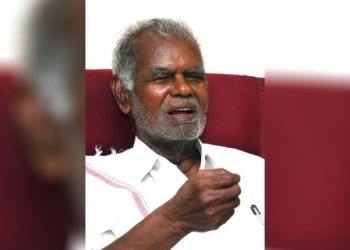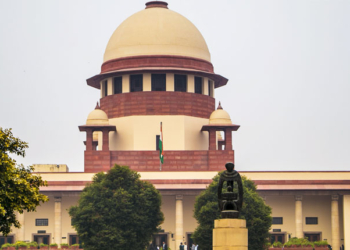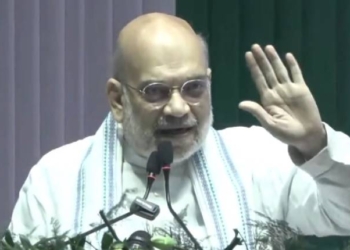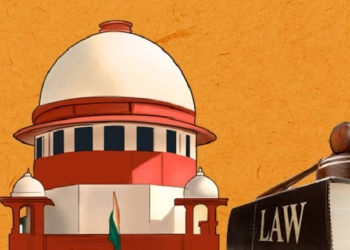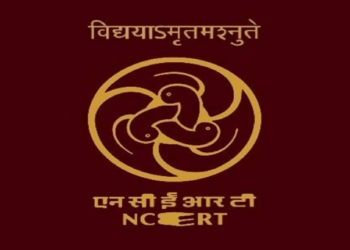New Delhi: A swallow does not make a summer may be, but the deviances once condoned, become inundations resulting in credibility collapse of the institution.
It is very unfortunate that very recently attacks have been made by very senior members of the bar even while appearing in the courts, attacking the integrity and competence of the judges of the highest court of the land.
This is an alarming and pernicious attempt to tarnish the image of the judiciary of our country, which has always stood for commitment to the Rule of Law.
Our Supreme Court has repeatedly held that howsoever high one may be, one is not above the law. It is a constitutional mandate to the judiciary to apply and interpret the laws regardless of the status and stature of the parties before the court and to let the law have its own course, even where high-profile persons are involved. Interference in the investigative functions of the regulatory bodies has not been allowed by the courts.
In this regard, the following abstract from the SC judgment in the 2G case in terms of citizenship comes to mind:
“When matters like these are brought before the judicial constituent of the State by public-spirited citizens, it becomes the duty of the Court to exercise its power in larger public interest and ensure that the institutional integrity is not compromised by those in whom the people have reposed trust and who have taken an oath to discharge duties in accordance with the Constitution and the law without fear or favour, affection or ill will and who, as any other citizen, enjoy fundamental rights and, at the same time, are bound to perform the duties enumerated in Article 51A.”
On the court falls the task of ensuring that the rights of citizens are consistent with the rights of society and the State.
There is no golden period or dark period so far as the functioning of the judiciary is concerned. The judiciary at all times has to adhere to the letter and spirit of the Constitution, constitutional norms and ethical practices. When the history of the Supreme Court is written it would be highlighted that the Court always acted as the Guardian of the Rule of Law.
However currently there is an unmistakable tendency to belittle the functions of the judicial process and indeed to interfere with its operation, threatening to affect some of our vital functions.
The judiciary in India has at all times preserved and strengthened the constitutional mandate of the court as set out in the Preamble to secure justice-social, economic and political. There could have been some aberrations, but these exceptions prove the rule.
Our judiciary has the inherent strength to withstand any pressures or permit interference in the judicial process. Some colleagues in the bar have raised the issue expressing concern over the troubling trend of some senior lawyers questioning the wisdom, integrity and competence of the judges. These concerns need to be addressed.
In my humble opinion, the oath of a Judge is a complete Code of Conduct and incorporates therein all the canons of judicial ethics and our Judiciary is a shining example of judicial independence and its commitment to preserving and strengthening democratic institutions and the Rule of Law.
Hindu philosophy beautifully compares a judge with a flower which would never wither and remains ever fresh. An anecdote very appropriately explains this concept – “A religious discussion was to take place between Adi Shankaracharya and Madan Mishra. Sharda or Saraswati was judge. Both were offered similar asanas to sit on.
Having plucked fresh flowers, Sharda strung two identical garlands. She put them around the necks of the two scholars and said, “During the discussion, the garlands will decide the winner and the loser. The wearer of the garland whose flowers fade first will be considered to have lost …” Sharda maintained that he who possessed intellectual clarity, power of thinking and self-confidence will be calm and peaceful. His voice will be like the cool spring.
Therefore, the flowers will remain fresh for a longer time. On the other hand, one who does not have a clear intellect or a strong sense of logic or whose self-confidence staggers, will be frustrated. His voice will become harsh, the circulation of blood in his veins will become rapid and his breath will become hot. Hence the flowers around his neck will wither sooner.” With our Judiciary and democratic institutions the flowers will always remain fresh.
Our Society of Indian Law Firms (SILW) with 125 law firms across the country stands committed to the independence of the judiciary and strongly condemns the attempt to denigrate the functioning of the judiciary, casting aspersions against the judiciary as an institution.
Our Society strongly believes that law should be allowed to have its normal course, regardless of the status of the individuals in respect of whom there are ongoing investigations. It is to be left to the courts to decide on the innocence or otherwise of the persons.
(IANS)




